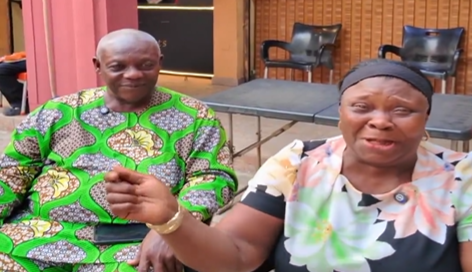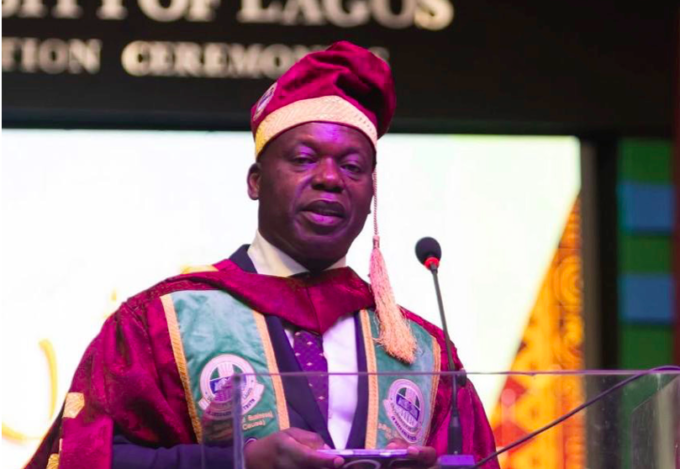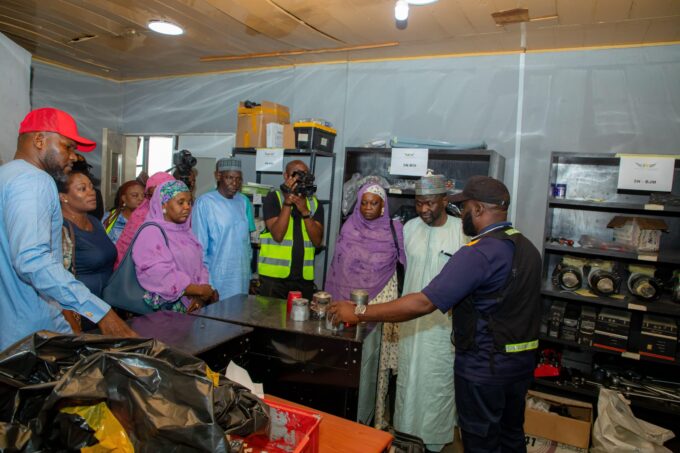The ‘Reserved Seats for Women Bill’ is a crucial piece of legislation that addresses the gross underrepresentation of women in Nigeria’s political landscape. With women making up nearly half of the country’s population, it is laughable that they occupy only 3.8 per cent of the country’s current federal legislative seats. Hence, in this report, Sunday Ehigiator brings to the fore how celebrities, including Nollywood actors, journalists, influencers, etc., are championing a call for the passage of the bill, while highlighting its potential benefits for the Nigerian society.
Despite Nigeria’s near parity in voter registration by gender, women’s representation in electoral politics remains alarmingly low, prompting House of Representatives Deputy Speaker, Benjamin Kalu, to champion the ‘Reserved Seats for Women Bill’.
This legislative push aims to increase women’s participation in parliament, recognising that democracy’s strength hinges not only on elections but also on inclusivity.
Speaking at the public presentation of the National Women Leaders Forum’s operational guidelines, Kalu said, “When half of our population remains underrepresented in the halls of power, our democracy is not just weakened, it is incomplete.”
In Nigeria, women’s representation in competitive politics is severely hindered by cultural and patriarchal norms, exacerbated by voter bias, societal distrust, and limited resources, resulting in an abysmal representation of women in politics despite over two decades of democratic practice.
Currently, women’s representation in the parliament is heavily skewed in favour of men, with a worrying decline: the 10th National Assembly has seen a 19 per cent drop in women’s representation compared to the previous assembly, with women occupying only 3.6 per cent of Senate seats and 4.7 per cent of House of Representatives seats.
Sequel to this, celebrities, including Adesua Etomi-Wellington, Ini Dima-Okojie, Banky Wellington, Osasu Igbinedion Ogwuche, Seun Okinbaloye, Alhanislam Hamzat Lawal, Toolz, and Aproko Doctor, have lent their voice in support of the passage of the bill.
Stars Unite
In in a jointly signed statement, titled ‘Stars Unite: It’s Time to Pass the Reserved Seats for Women Bill’, they stated: “Nigeria is a global force, home of Afrobeats, Nollywood, a surging tech scene, and the very future of Black excellence. We are bold, creative, and unstoppable. But one part of our story remains painfully unfinished: the political exclusion of Nigerian women.
“Right now, Nigeria ranks near the bottom of the world for women in parliament. Just 18 out of 469 federal lawmakers are women.
That’s 3.8%—in a country where women make up nearly half the population. Let that sink in. This isn’t just a gender issue. It’s a development emergency.”
They noted that: “Nigerian women are not on the sidelines of society. They are its engine. They nurture families, heal communities, grow food, build businesses, lead classrooms, and drive our culture and economy forward.
“Women lead 43 percent of our small and medium enterprises, the backbone of job creation and innovation. They are our caregivers, peace builders, problem solvers, and often the first responders in times of crisis.
“Yet in politics, they are locked out of the rooms where decisions about their lives, families, and futures are made.
“Around the world, nations that prioritise inclusive governance are thriving. Rwanda rebuilt from genocide by putting women at the centre of power—today, women hold 61 per cent of seats in its lower house.
“That’s not symbolic. It’s strategic. Rwanda now leads in economic growth, education, and trust in government.”
Furthermore, the pointed out that, “Scandinavian countries, Norway, Sweden, Finland—show us that when women lead, sustainability, equity, and innovation follow. They don’t just have seats at the table. They’re shaping the future.
“So what’s holding Nigeria back? Centuries of cultural bias. Political violence. Systemic exclusion. But these barriers can be broken, and the Reserved Seats for Women Bill is the hammer.
“The bill guarantees a minimum number of seats for women in both federal and state legislatures. It’s not about handouts, it’s about balance. Nigerian women aren’t asking for favours. They’re demanding equal footing in a democracy they help sustain every single day. “Here’s what the data tells us: when women lead, communities thrive. Female lawmakers are more likely to champion education, health care, maternal well-being, environmental stewardship, and anti-corruption laws. Countries with more women in leadership are more stable, more prosperous, and more just.
“Meanwhile, Nigeria is still flying with one wing. According to the World Economic Forum’s 2023 Gender Gap Report, Nigeria ranks 125th out of 146 countries in gender parity, behind Ghana, Kenya, South Africa, and even countries like Iraq. That’s not just embarrassing. It’s unacceptable. We can, and must, do better.”
According to them, “passing this bill will change everything. It will send a powerful message to every Nigerian girl: You belong in the room where decisions are made. It will bring more voices, more lived experiences, and more wisdom to the table. It will unlock Nigeria’s full potential, not just for growth, but for justice, innovation, and sustainability.
“We’ve seen what Nigerians can do when we rise as one, through Ebola, COVID, and democratic transitions. We’ve seen the strength of our women in markets, in hospitals, in homes, and movements. Now is another defining moment.
“To the National Assembly: Pass the bill. To the President, Governors, and party leaders: Back it. To every Nigerian, demand it.
“We can’t afford to sideline half our talent. Nigerian women are already leading in boardrooms, in classrooms, in our communities. It’s time politics caught up.
“Let’s throw the doors open. Let’s build a democracy that looks like Nigeria. Let’s lead the continent not just in culture and innovation, but in justice, equity, and power. The time is now.”
Justification
It is imperative that Nigeria addresses the systemic inequalities that restrict women’s access to opportunities, including participation in parliament. Women comprise about 50 per cent of the population, yet they are underrepresented in decision-making positions.
The campaign to promote women’s representation in Nigeria’s parliament is inspired by the successes of countries like Rwanda and Senegal.
These nations have achieved remarkable gains in gender parity, with women occupying approximately 40 per cent of legislative seats, surpassing the 35 per cent affirmative action benchmark set in Beijing in 1995.
Critical stakeholders must acknowledge that women and girls deserve better and join efforts to combat discrimination. By bridging the ‘power gap’, we can amplify women’s voices in parliament and create a more inclusive, equitable society where women can thrive.
Nigeria can further learn valuable lessons from Senegal and Rwanda, thereby recognising that gender equality is essential for sustainable development, peace, and prosperity.


















Leave a comment